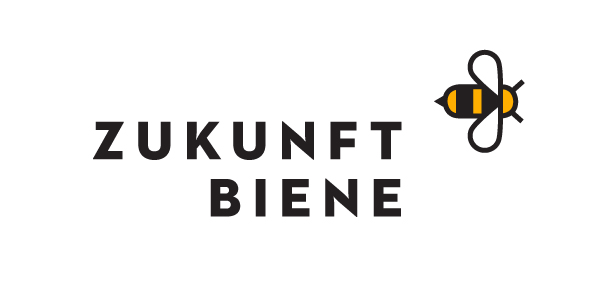
Department for Apiculture and Bee Protection
Virus monitoring
Which are the most common bee viruses in Austria and are these viruses related to winter losses of local bee colonies? To answer these questions, 200 beekeepers from all over Austria are working as Citizen Scientists in the "virus monitoring" for three years (2018-2020). Each year in September they collect bees from five of their colonies and send them to AGES, Department of Apiculture and Bee Protection. In addition, they report the winter losses of their colonies. The samples are analysed for eight important bee viruses and checked whether the occurrence and severity of the virus infections are related to winter losses. The beekeepers are provided with the virus analyses of their colonies and thus learn more about the health status of their bee colonies.
According to current scientific knowledge, bee viruses, such as the deformed wing virus and the acute bee paralysis virus, are partly responsible for high winter losses. However, other viruses, such as the sacbrood virus or the chronic bee paralysis virus, also cause problems for bee colonies. Unfortunately, we currently only have selective knowledge about the occurrence and frequency of these bee viruses in Austria. Up to now, viruses have usually only been tested, when damage to bee colonies has already occurred. Research results from the USA and neighbouring European countries have shown, that many viruses occur just as frequently in inconspicuously appearing colonies as in clearly damaged ones. In order to make a statement about the frequency of bee viruses, both conspicuous and inconspicuous colonies must therefore be examined (= a representative selection).
"Virus monitoring" is a module of the project "Zukunft Biene 2", which is investigating Austria's bee health from 2017-2021 under the lead of Dr. Robert Brodschneider of the Karl-Franzens-University Graz. Research partners in the project are the University of Graz, AGES and University of Veterinary Medicine Vienna. The project is financed by the Federal Ministry for Sustainability and Tourism (BMNT), the Austrian Federal Provinces, the beekeepers' umbrella organisation "Biene Österreich" as well as in kind contributions of the Karl-Franzens-University Graz, Vetmeduni Vienna and AGES.
Citizen Science Seminar
In 2020, poject coordinator Linde Morawetz held a lecture about "Virus Monitoring" as part of the lecture series "Citizen Science Seminar" at the University of Natural Resources and Life Sciences Vienna (BOKU): "Beekeepers as Citizen Scientists: on the trail of bee viruses" (in German).
Project team
- Citizen Scientists (sample and data collection): 200 beekeepers from all over Austria
- Project management (communication, reporting): Linde Morawetz
- Project implementation (elaboration and preparation of materials): Katharina Etter, Irmgard Derakhshifar, Hemma Köglberger, Rudolf Moosbeckhofer
- Analytics laboratory (method development, analysis): Adi Steinrigl, Sigrid Träger
- Statistician (statistical analysis): Antonia Griesbacher
- Project management overall project "Zukunft Biene 2" (project management): Robert Brodschneider
- Cooperation partners "Zukunft Biene 2" (consulting): Karl Crailsheim, Benjamin Lamp
This project fulfilled version 1.1 of the quality criteria for citizen science projects on Österreich forscht.
- food
- animals

